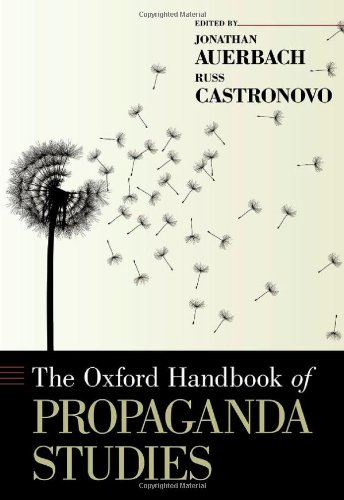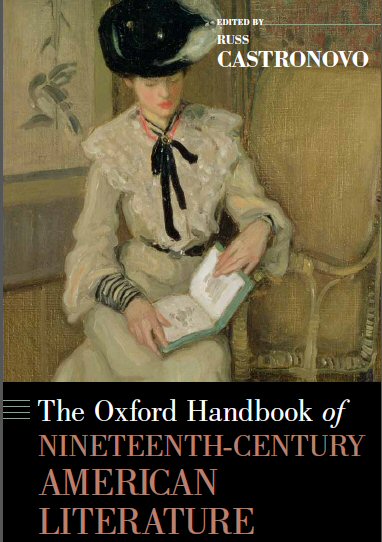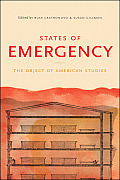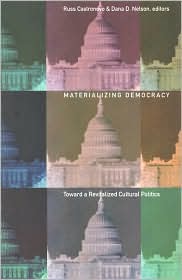 |
|
|
EDITED COLLECTIONS The Oxford Handbook of Propaganda Studies  New York: Oxford University Press, 2014 New York: Oxford University Press, 2014Introduction: 13 Propositions About Propaganda Derived from the word "to propagate," the idea and practice of propaganda concerns nothing less than the ways in which human beings communicate, particularly with respect to the creation and widespread dissemination of attitudes, images, and beliefs. Much larger than its pejorative connotations suggest, propaganda can more neutrally be understood as a central means of organizing and shaping thought and perception, a practice that has been a pervasive feature of the twentieth century and that touches on many fields. It has been seen as both a positive and negative force, although abuses under the Third Reich and during the Cold War have caused the term to stand in, most recently, as a synonym for untruth and brazen manipulation. Propaganda analysis of the 1950s to 1989 too often took the form of empirical studies about the efficacy of specific methods, with larger questions about the purposes and patterns of mass persuasion remaining unanswered. In the present moment where globalization and transnationality are arguably as important as older nation forms, when media enjoy near ubiquity throughout the globe, when various fundamentalisms are ascendant, and when debates rage about neoliberalism, it is urgent that we have an up-to-date resource that considers propaganda as a force of culture writ large. The handbook will include twenty-two essays by leading scholars from a variety of disciplines, divided into three sections. In addition to dealing with the thorny question of definition, the handbook will take up an expansive set of assumptions and a full range of approaches that move propaganda beyond political campaigns and warfare to examine a wide array of cultural contexts and practices.
The Oxford Handbook of Nineteenth-Century American Literature  New York: Oxford University Press, 2012 New York: Oxford University Press, 2012How do we approach the rich field of nineteenth-century American literature? How might we recalibrate the coordinates of critical vision and open up new areas of investigation? To answer such questions, this volume brings together 23 original essays written by leading scholars in American literary studies. By examining specific novels, poems, essays, diaries and other literary examples, the authors confront head-on the implications, scope, and scale of their analysis. The chapters foreground methodological concerns to assess the challenges of transnational perspectives, disability studies, environmental criticism, affect studies, gender analysis, and other cutting-edge approaches. The Oxford Handbook of Nineteenth-Century American Literature is thus both critically incisive and sharply practical, inviting attention to how readers read, how critics critique, and how interpreters interpret. It offers forceful strategies for rethinking protest novels, women's writing, urban literature, slave narratives, and popular fiction, just to name a few of the wide array of topics and genres covered. This volume, rather than surveying established ideas in studies of nineteenth-century American literature, registers what is happening now and anticipates what will shape the field's future.
States of Emergency: The Object of American Studies
Materializing Democracy: Toward a Revitalized Cultural Politics
|
 Co-edited with Susan Gillman
Co-edited with Susan Gillman Co-edited with Dana Nelson
Co-edited with Dana Nelson